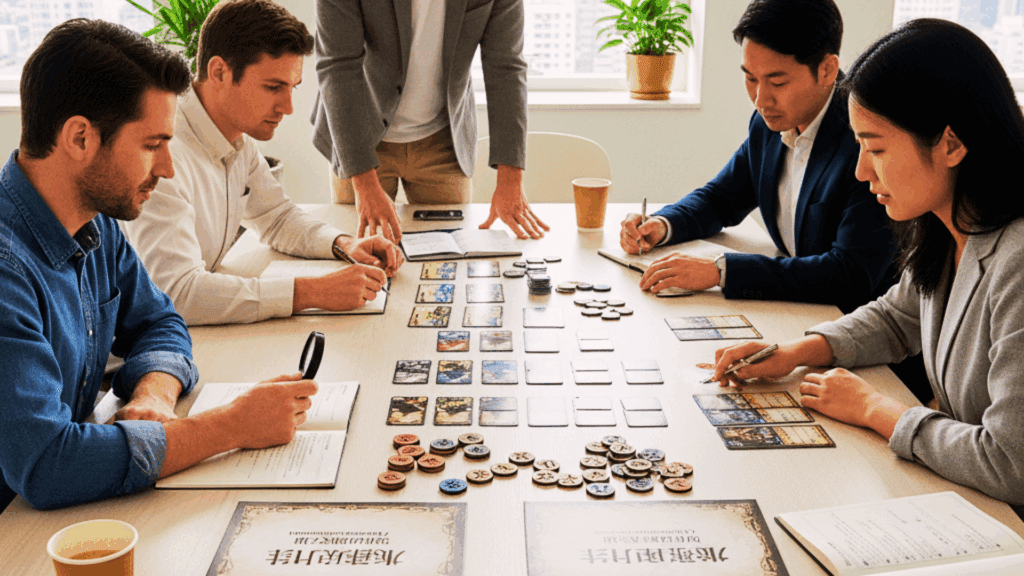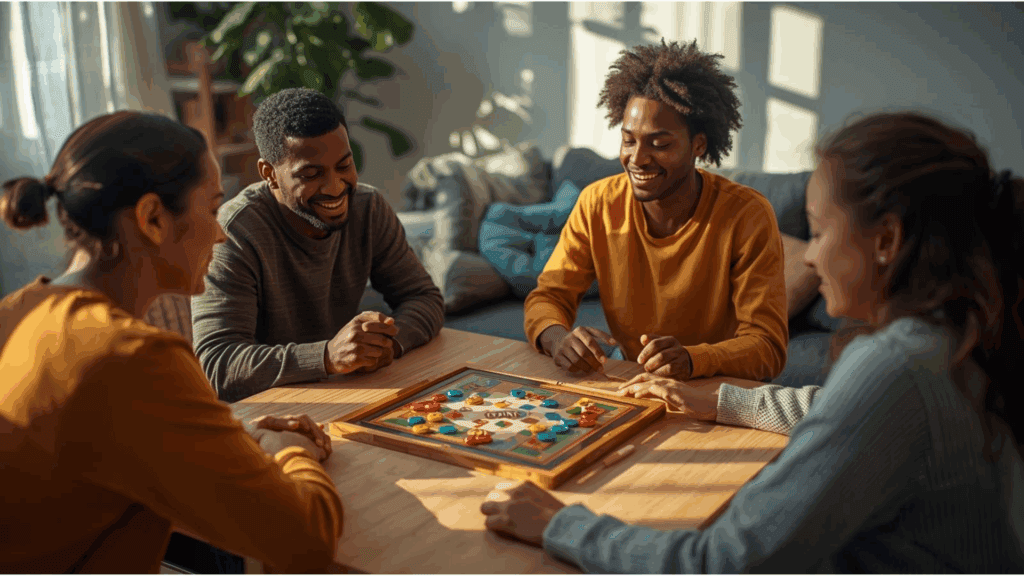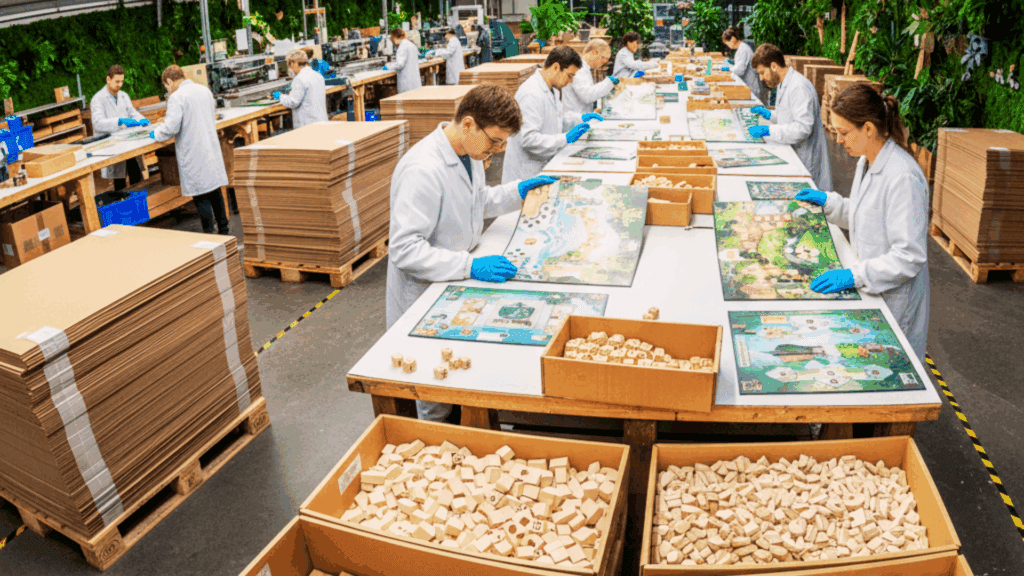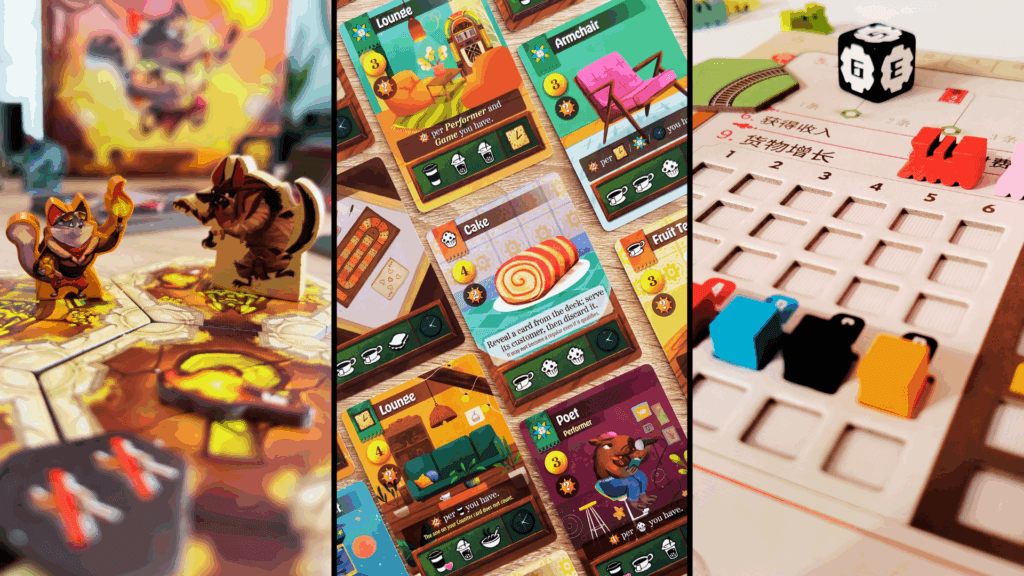

Dive into our insights for publishers & designers!
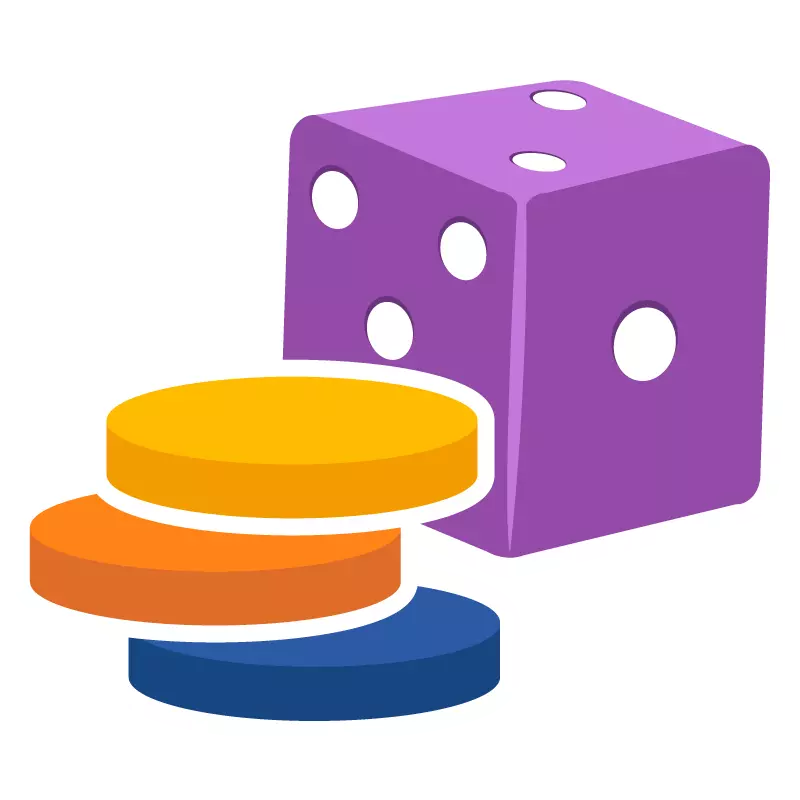
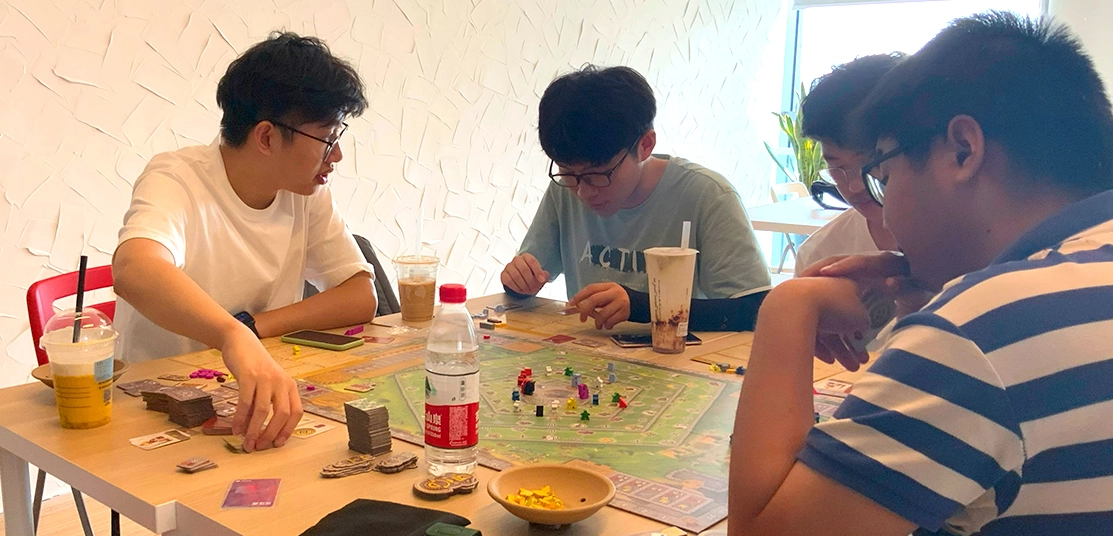
Date: 11/07/2025
Board Games and Mental Health: Exploring the Therapeutic Benefits of Play
In today’s fast-paced, hyper-connected world, moments of relaxation and meaningful interaction are more essential than ever. While board games are often seen as lighthearted fun, research increasingly reveals their deeper value: promoting emotional resilience, supporting cognitive function, and helping us connect with others in ways that digital experiences often cannot.
This article explores the growing intersection between board games and mental health, highlighting why play is not just a pastime but a powerful ally in our well-being.
Stress Reduction Through Play
Board games offer a mental break from everyday stressors. Immersing oneself in a collaborative or competitive game engages the mind and shifts focus away from anxious thoughts. Studies have shown that playful activities, including tabletop games, can activate the parasympathetic nervous system and promote relaxation.
According to The Times, many families report lower anxiety levels and improved social interactions during the holidays when board games are part of their routine*. In these shared moments, players experience joy, achievement, and mindfulness, all of which support emotional regulation.
Cognitive Enhancement and Mental Agility
Every time you read a rulebook, plan your next move, or adapt your strategy, your brain is hard at work. Board games challenge memory, concentration, problem-solving, and logic. Some studies suggest they may help reduce the risk of cognitive decline in older adults.
Research published in BMC Psychiatry highlighted the cognitive benefits of mentally stimulating leisure activities, like playing games, in maintaining brain health in aging populations*. From young adults learning executive function to older players preserving memory, board games offer lifelong cognitive engagement.
Fostering Social Connection and Emotional Health
The social component of board gaming is perhaps its most profound benefit. Gathering around a table encourages face-to-face interaction, emotional expression, and cooperation. These shared experiences strengthen relationships and help reduce feelings of isolation and loneliness.
A 2024 article from Psychreg emphasized how cooperative games, in particular, can nurture empathy and provide safe spaces for emotional exploration*. For this purpose, in a world dominated by screens, the tactile and personal nature of board gaming becomes a vital channel for meaningful connection.
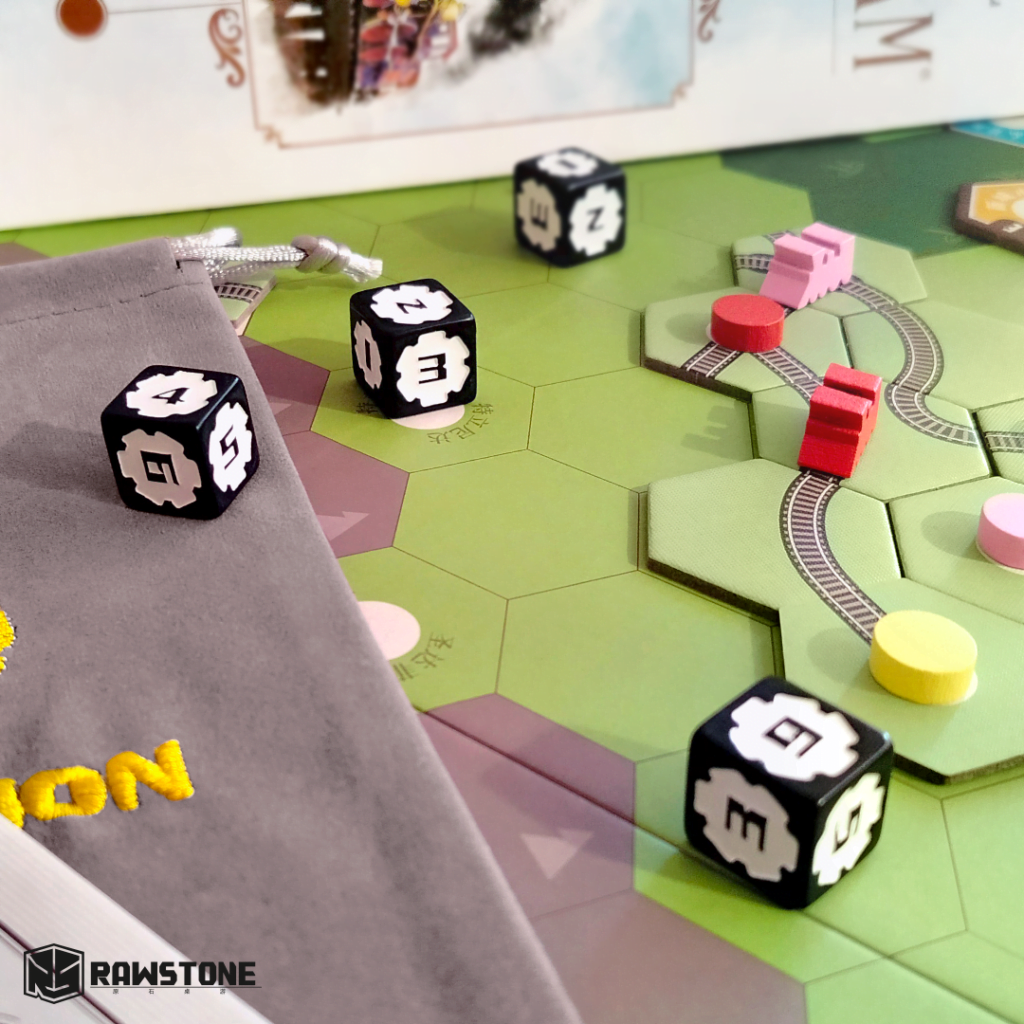
Board Games in Therapy and Mental Health Support
Board games are also making their way into therapy rooms. Therapists use them as tools to help clients work through trauma, build social skills, and practice emotional regulation. Role-playing games like Dungeons & Dragons have shown particular promise in helping individuals with autism spectrum disorder develop confidence and social fluency.
As reported by WIRED, many therapists are integrating tabletop RPGs into their practice to support children and adolescents in therapeutic storytelling and structured, low-risk social scenarios*. Games allow for emotional rehearsal and behavioral modeling in ways that are both playful and profound.
Board Games for Daily Mental Wellness
You don’t need to be in therapy to benefit from the positive effects of board games. Playing regularly with family or friends can become a meaningful wellness ritual. Even solo board gaming – with puzzle-based or storytelling games – can promote relaxation and personal growth.
Incorporating games into routines, family time, or workplace wellness programs can lead to healthier habits, stronger communities, and happier minds.
Conclusion: The Healing Power of Play
Board games offer far more than entertainment. They are a proven tool for promoting emotional well-being, enhancing cognitive performance, and building strong social bonds. As we face the challenges of modern life, the act of gathering, thinking, laughing, and connecting over a game becomes not only valuable but essential.
So next time you reach for a board game, know that you’re also investing in your mental health. Embrace the power of play – and share it with others.
____
Further Reading and Sources
[*1]: The Times – How board games lower anxiety and strengthen relationships: https://www.thetimes.co.uk/article/christmas-healthy-food-wine-festive-heart-cckjx0pcl
[*2]: BMC Psychiatry – Mental activity and cognitive health in older adults: https://bpsmedicine.biomedcentral.com/articles/10.1186/s13030-019-0164-1
[*3]: Psychreg – How board games improve mental health: https://www.psychreg.org/how-board-games-improve-mental-health/
[*4]: WIRED – Therapists using D&D and RPGs for emotional development: https://www.wired.com/story/therapists-dungeons-dragons-tabletop-games-helping-people
you might also be interested...
How to Bring Board Games to China: Licensing, Localization, and Market Entry Strategies for Indie Publishers
Learn how to bring board games to China through expert localization, licensing strategy, and integrated manufacturing. A complete guide for...
> Read MoreBoard Games and Stress Relief | How Play Supports Wellbeing
Recent studies show that both board games and role-playing games can reduce stress, improve social connection, and support emotional wellbeing...
> Read MoreWhat Matters Most in Board Game Manufacturing: Cost, Quality, or Sustainability?
Discover how board game publishers weigh cost, quality, and sustainability when choosing a manufacturer.
> Read MoreFrom Worker Placement to Tile Placement: A Guide to the Most Popular Board Game Mechanics
Discover how to design sustainable board game packaging that’s eco-friendly, functional, and cost-effective!
> Read More
